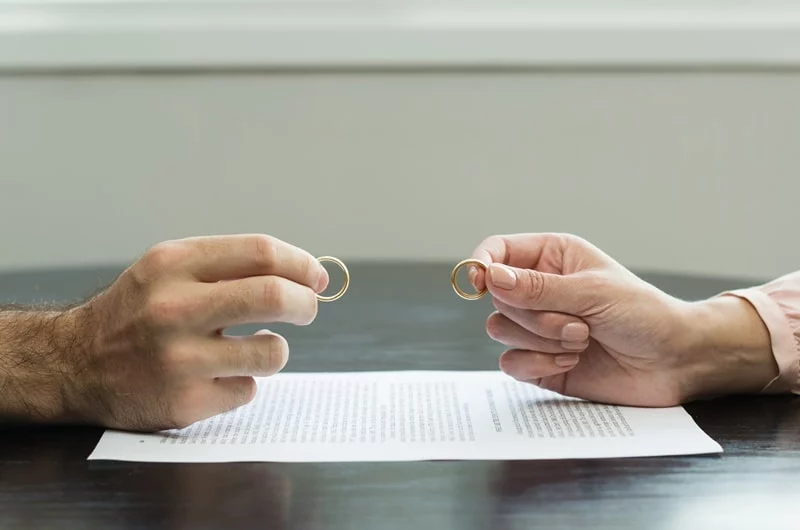- 26 May 2021
- •
- 3 min read
Dividing Pensions on Divorce

Pensions on divorce can be complicated to value, and there are a number of things to think about when considering the division of pension pots.
It’s easy to overlook the pension assets when you’re faced with a divorce or breakdown of civil partnership, as there are so many other things to think about at that moment. As well as dealing with the immediate issues, such as where you, your children (if you have them) and your ex-partner will live and how you will meet your ongoing immediate expenses, it is also vital that you consider your position on retirement.
Pensions can be a very valuable part of the ‘matrimonial pot’ (the assets that have built up during the marriage). When you divorce, if you do not consider the pensions properly you are unlikely to get a fair outcome and may find yourself in financial difficulty later in life.
Pensions can be shared on divorce just like other assets and can sometimes be the most valuable asset that exists. They can be complicated to value so there are a number of things you ought to be aware of when starting to consider the pension pot.
What do I need to consider when splitting a pension on divorce?
The first step will be finding out how much the pensions are worth, which will mean requesting full information from your pension providers. You then need to exchange this information with your ex-partner and consider if you are going to need expert help from an actuary or financial planner on how they could be shared. It will be important to get expert assistance if one of the following situations applies:
- The pensions add up to more than a cash equivalent value of £100,000
- If there are any defined benefit pensions
- If the pension values add up to less than £100,000 but make up a large percentage of the overall assets in the case
- If any of the pensions are public sector pensions such as Armed Forces, Teachers, NHS or Police Federation – you could miss out on a lot if you just accept a cash equivalent valuation of a defined benefit pension
- If you have defined contribution pensions with extra benefits – there are some pensions with guaranteed annuity rates for example that may make the true value of the pension higher than that which is indicated by the pension statement
- There is a significant age gap between you and your ex
- If you are considering offsetting capital for pension
- If one of you has a serious medical condition diagnosed by a medical professional which is likely to impact on how long you are likely to live
- Where there is a choice of pensions to share, as some pensions lose significant value when they are shared
How can pension assets be shared?
There are three ways you can share pension assets:
- Pension sharing order
- Pension attachment order
- Offsetting a share in pension for another asset
You should seek legal advice to ascertain what would be the best option for your particular circumstances.
You could seek to divide the pensions according to the income they will produce, which will be more suitable if you are older and/or if you have significant pension funds. It will be important to think about what both your income needs will be when you retire. Or you could divide the pensions according to the cash equivalent valuations, which may be appropriate if the marriage has been short, or if the pension pot is not large enough to justify the cost of an expert working out the division needed to equalise your incomes in retirement.
If you separated some time ago but did not dismiss your claims for a pension order with a financial consent order it may not too late to get some advice. Or if you are separating now and are not sure what to do about looking at the pension pot, please do not hesitate to contact the family team at Trethowans on 0800 2800 421 or contact us here. We offer an initial free 30-minute consultation to discuss your situation.





